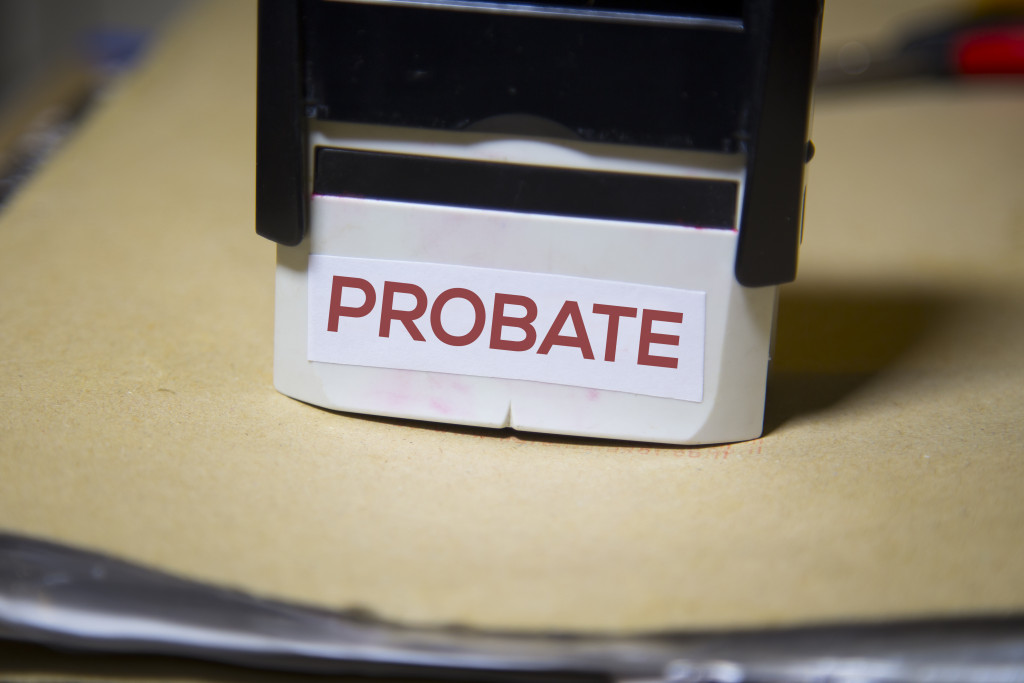If you’re an entrepreneur, you’ve likely spent a great deal of time and energy building up your business. But have you thought about what will happen to your business when you’re no longer around?
Entrepreneurs likely have a significant amount of assets tied up in their business. If you die without a plan, this could leave your loved ones without any financial security. This is why probate planning is critical for entrepreneurs.
Probate is the legal process of distributing a person’s assets after death. If you die without a will or any other asset protection plan, your assets will go through probate. This can be a lengthy and costly process, which is why having a plan in place is so important.
However, entrepreneurs are often too busy building their businesses. They may not have the time to think about what will happen to their companies when they die. Ignoring the issue of probate can lead to serious problems for entrepreneur, their businesses, and even their families.
Consequences of Not Avoiding Probate
There are a few potential consequences of not avoiding probate. For one, this can result in losing control over your assets. This means that your loved ones may not end up with what you intended for them to have.
Your loved ones may have to go through the probate process, which can be costly, time-consuming, and stressful. Your assets can end up elsewhere instead of distributed the way you intended. Your family may have to sell assets to pay probate costs, which could put them in a difficult financial situation.
Keep in mind that probate is a matter of public record. This means that anyone can look up information about your assets and your loved ones. If you want to maintain privacy, probate can be a problem.
How Entrepreneurs Can Avoid Probate
Thankfully, there are many ways that entrepreneurs can avoid probate. Some of the best ways to avoid probate issues include the following:
Make a Will

A will allows you to specify what will happen to your business when you pass away. This could mean family members can end up owning the business, or they will sell the company to pay debts and taxes. You can create a will yourself with an online service or software, or you can hire an attorney to help you. It pays to update your will periodically as your business and personal life change.
Creating a Trust
This is another way to avoid probate. A revocable living trust allows you to transfer asset ownership to the trust while you’re still alive. The trustee- you, a family member, or a friend- manages the trust for the beneficiaries after your death.
Designating Beneficiaries
When you designate beneficiaries for your assets, you name someone such as a spouse, child, or friend to receive the asset when you die. For example, you can name a beneficiary for your life insurance policy, retirement account, bank account, and certain types of property, such as a pay-on-death account or a transfer-on-death registration for stocks and bonds.
Keep in mind that not all assets can have beneficiaries. For example, you can’t name a beneficiary for your house unless you have a revocable living trust.
Have a Buy-Sell Agreement
A buy-sell agreement is an arrangement between business owners that dictates what will happen to the company if one of the owners dies. This agreement can help avoid probate by specifying how you want the business transferred to the remaining owner or owners.
You can also use a buy-sell agreement to sell your business to a third party, such as a family member or employee. This can help ensure that your business continues after your passing and that your loved ones won’t have a problem financially.
Properly Titling Your Assets
Titling your assets in the right way is another strategy for avoiding probate. For example, joint ownership with a right of survivorship passes ownership of an asset to the surviving owner when one owner dies. Similarly, if you have a payable-on-death account at a bank, the money in the account will go to the beneficiary you designated when you die.
Navigating a Probate
If you don’t take steps to avoid probate, your loved ones will need to go through the process if you die without a will. Probate can be a long and complicated process, so your loved ones must understand what they need to do.
First, your loved ones must find your financial documents and asset information. This includes your will, if you have one, bank statements, property deeds, and titles. Next, they’ll need to file a petition with the court to open probate.
Once probate is open, your loved ones will need to notify all interested parties, such as creditors, beneficiaries, and family members. They’ll also need to inventory your assets and pay your debts and taxes. Afterward, they can distribute your assets according to your will or state law.
If not satisfied with the probate results, your loved ones can file an appeal. This is a complicated process, so hiring a litigation attorney specializing in probate appeals is essential. They can help ensure your loved ones satisfy the requirements for an appeal and navigate the legal system. There is a need for thorough research in finding a reputable attorney with an excellent track record of winning probate appeals. This will increase their chances of a successful probate appeal.
You may be a successful entrepreneur with no time to spare outside work. But if you want to ensure that your loved ones can benefit from your assets after your death, you must take steps to avoid probate. This is the best way to ensure that your loved ones can inherit your assets according to your wishes and not the state’s intestacy laws.

